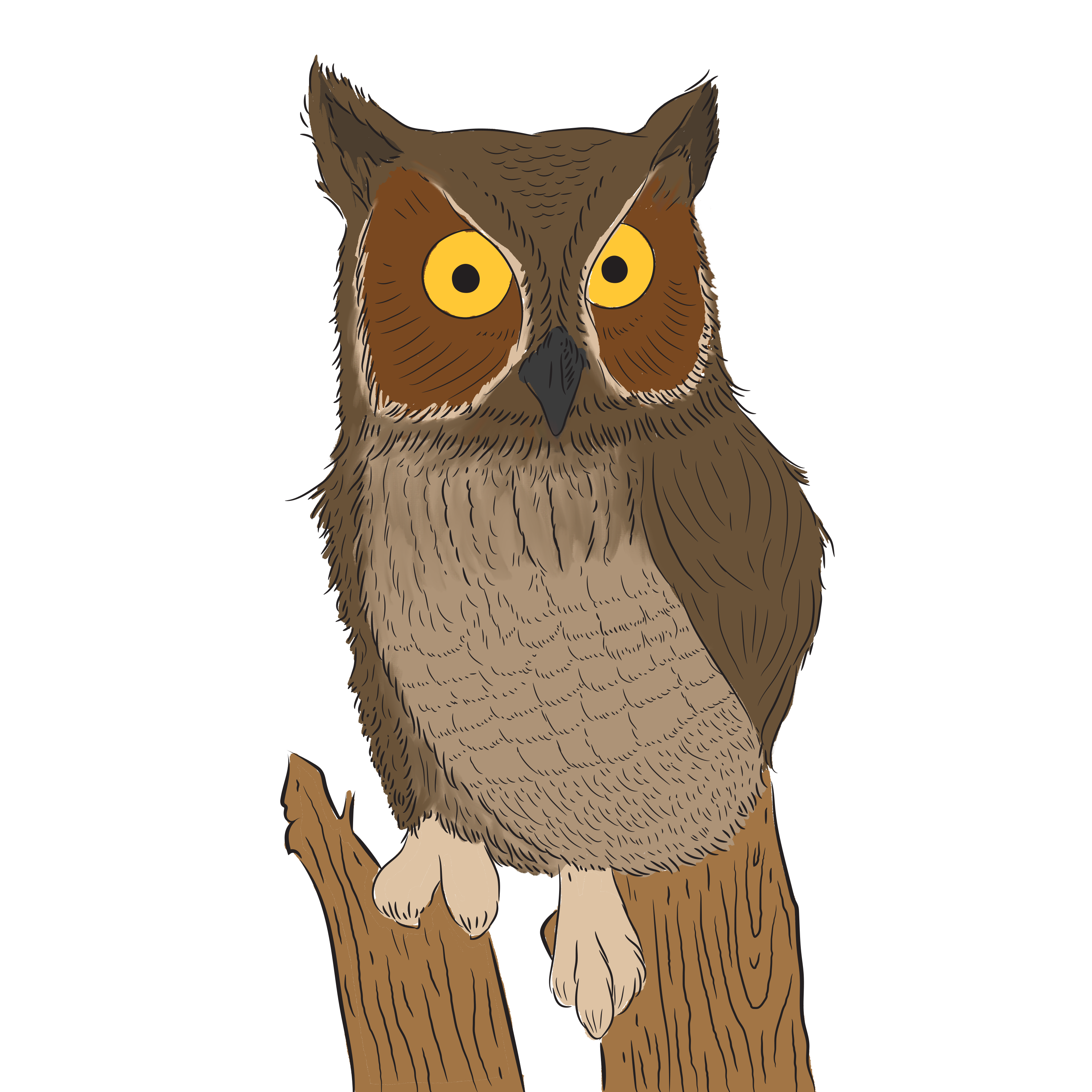
A history of customer choice: software, marketing and ethics
By Catherine Heath on Company culture from May 3, 2017
The plethora of choices available for customers today is what makes marketing products effectively so important.
Despite this, a lot of marketing is flimsy, over-the-top, misleading or annoying. Just think of those pop-ups that pester you when you visit so many websites, or the ever-growing number of ads filling your Facebook timeline.
So many brands get it wrong. We’ll go into the reasons why in this post, and discuss a short history of customer choice in relation to Software as a Service (SaaS).
The history of marketing
When there was limited choice between products, customers were targeted by using the broadcast marketing model. Advertisers posted their messages wherever people could see them, whether it was a billboard in the city center, the daily newspaper, on the radio, or a TV screen in someone’s living room.
The goal was to reach as many people as possible with your message who would hopefully then go on to buy your product. This was when products were generally more simple and concrete, items such as toothpaste, bicycles or hats.
Advertising expanded during the industrial revolution. The television series Mad Men gives us a dramatic peek back into the heyday of advertising, when the right campaign would help define a generation. A great campaign was all you needed to shift lots and lots of product.

Image source: Behavioural Health
This approach has persisted, despite the fact that the internet has disrupted the traditional marketing model. Now, in western late capitalist society, choices are infinite, as is the amount of information available to us.
The rise of the SaaS industry
When the internet first came into the public domain with the invention of the World Wide Web in 1990, it is true that products and audiences were still very general. Not that many companies were making software yet, and programs used to be delivered on a disk!
At first, the founding tech companies like IBM, Oracle, Microsoft and Sun Microsystems were the big players. Their products were revolutionary, and they each cornered their market. It seemed as though nobody could compete.
Then, after the rise of cloud computing, competing against incumbents became much easier. Tech unicorns flourish seemingly overnight, such as Uber, Deliveroo and Snapchat, all of which are reliant on SaaS.
No companies have time to reinvent the wheel. They’re busy disrupting markets.
Each product is normally sold by a different vendor. Buffer sells social media scheduling software, while Helpscout sells helpdesk software. Adobe sells creative design software, while Microsoft sells office software.

Take wildly popular app Snapchat. It enables users to send images and short videos to their friends that automatically delete after viewing. It was the most downloaded free app of 2016. Snapchat doesn’t try to find restaurants for users, order taxis, or share news articles (although who knows, this may change).
As much as some companies try to ‘diversify their offering’, usually companies provide most value when they excel in a particular area. Software’s value (particularly in SaaS) lies in its specific usage.
A look at the ecommerce industry
In contrast to SaaS, ecommerce companies represent the traditional arc of customer choice and advertising, perhaps because they are selling physical products. Ecommerce is doing what bricks-and-mortar did, but arguably better.
Companies with monopolies are in the strongest position. Companies such as Amazon, Ebay and Alibaba have been hugely successful, putting many bricks-and-mortar stores out of business. The value of an ecommerce company lies in how wide a range of products it can sell, how cheaply it can sell them, and how quickly it can ship them to customers.
Many of the marketing courses and materials out there are targeted towards ecommerce business models, where the focus is on seizing customer attention at all costs.
Unfortunately, the pressure of customers having so much choice has led to some very questionable marketing tactics, along the same lines as the first snake oil salesmen. Marketing strategies are often aimed at attracting the very general customer through the virtual doors of a company, using a variety of (sometimes unscrupulous) means.
SaaS marketing is different
Computers have created a complex digital landscape where the possibilities for software are endless.
While the phrase ‘software is eating the world’ (coined by Marc Andreessen) is now an overworn cliché, SaaS companies should remember that the majority of software users today don’t have a technical background. Despite this, most users are extremely discerning and alert to underhand sales tactics.
Saas marketing is very different to the ecommerce model in that it is aimed at attracting a very specific customer to use a product. The best content is usually highly educational, informative or thought-leading.
SaaS companies are making a big mistake if they think they’re in the business of marketing software. They’re actually selling ideas, and these ideas should be empowering for users.
Software could also be looked at as the business of problem-solving. Most software was created to solve a specific problem or make life easier. SaaS marketing should communicate what problem it solves to audiences.
That’s why content marketing is so huge in the SaaS world. Content is created with the aim of engaging audiences and drawing them into the marketing funnel.
There are so many different apps out there that companies can be hard-pressed to differentiate themselves. If there are several alternatives to your product, each only slightly different in functionality offered and price, your unique brand values will be key in attracting and retaining customers.
There is a desperate need for ethical companies and scrupulous marketing, characterised by authenticity and empathy.
Bring in the ethical companies
Another (nevertheless true) cliché is that the millennial market is hungry for ethical companies and business models. The younger generation, weary of being oversold to, demands more from businesses. The availability of information online means that more people can see through the slick marketing campaigns of cut-throat businesses.

Image: Zendesk office
As a result, the ethical software company is on the rise. Just take Zendesk, who take pride in calling their company a ‘family’ and giving back to the community. They have recently made the Fortune Magazine best workplaces in the Bay Area list. Google’s founding value was ‘don’t be evil’.
At KnowledgeOwl, we want to honour the uniqueness of all of our customers. We’re strongly against the hard sell. With technology so widespread, companies now have a responsibility to make sure they are not unfairly manipulating users’ online worlds.
We have a vision of a widespread ethical business model where customers are empowered, rather than overwhelmed and distracted. What marketing we do is aimed at informing, inspiring and motivating our audiences to do their best customer support - and beyond. We don’t want to trick people into buying our products.
We want to educate them about the possibilities for using KnowledgeOwl, and allow them to get to know our company and our people on a personal level. If people want to buy our software, we’re happy to serve!
If you would like a free trial of our knowledge base software combined with excellent customer service, sign up today.


Writing docs
(225)

General posts useful to all documentarians about writing documentation, editing and publishing workflows, and more.


Feature spotlight
(12)

Your flight plan for how to get the most out of KnowledgeOwl features and integrate them into your workflows.


Announcements
(21)

Major KnowledgeOwl company announcements.


Customer stories
(8)

Learn how others are using KnowledgeOwl & get pro tips on how to make the most of KO!


Company culture
(36)

Find out more about who we are and what we value.


Support
(58)

We believe good support is the foundation of good business. Learn about support tools and methodology.


Tools
(41)

Learn more about tools to solve various documentarian issues, within and beyond KnowledgeOwl.


All
(345)

Not sure what category you need? Browse all the posts on our blog.

Got an idea for a post you'd like to read...or write?
We're always looking for guest bloggers.
Learn moreStart building your knowledge base today
- 30 days free (and easy to extend!)
- No credit card required
- Affordable, transparent pricing
- No cost for readers, only authors
Want to see it in action?
Watch a 5-minute video and schedule time to speak with one of our owls.


